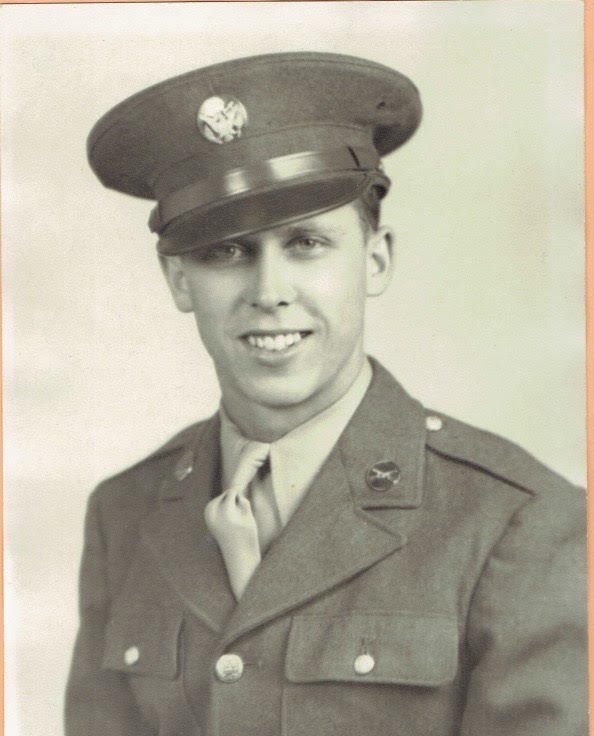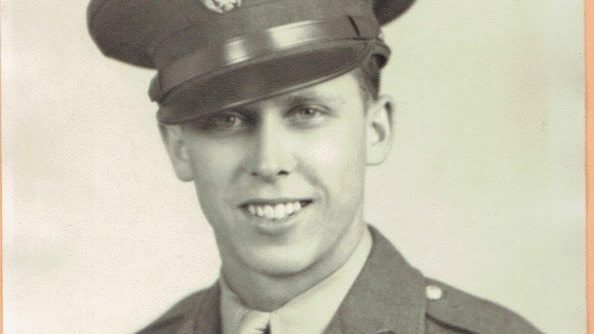Almost 80 years after being killed in fighting in Germany during World War II, the body of a man from Denver will at last come back home.

Harold Schafer, 28, was struck by enemy machine gun fire and killed in a battle in Dillingen, Germany on Dec. 10, 1944, according to a Thursday news release from the Defense POW/MIA Accounting Agency.
Schafer was officially declared non-recoverable in November 1951 — now, three-quarters of a century later, he’s set to be returned to and buried in Wheat Ridge, officials announced Thursday.
Schafer’s body was not initially recovered due to intense fighting against heavily reinforced German forces, the release stated. When American troops were ordered to retreat from the Dillingen area on Dec. 21, 1944, he was one of many casualties left behind.
After the war ended, the American Graves Registration Command began investigating and recovering missing American soldiers in Europe, according to Thursday’s release. The organization conducted several investigations in the Dillingen area between 1946 and 1950 but was unable to recover or identify Schafer’s remains.
A defense agency historian studying the unaccounted-for American soldiers lost at Dillingen discovered in 2018 that Schafer could potentially be connected to human remains buried in the Normandy American Cemetery in Colleville-sur-Mer, France, officials said Thursday.
Federal scientists identified the body as Schafer using anthropological analysis, DNA testing, dental work and circumstantial evidence, the news release stated.
Schafer’s name is recorded on the Walls of the Missing at Lorraine American Cemetery, an American Battle Monuments Commission site in St. Avold, France, along with the others still missing from World War II. A rosette will be placed next to his name to indicate he has been accounted for.
Get more Colorado news by signing up for our daily Your Morning Dozen email newsletter.



